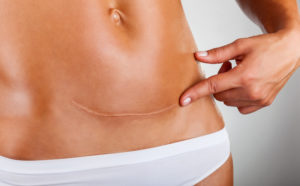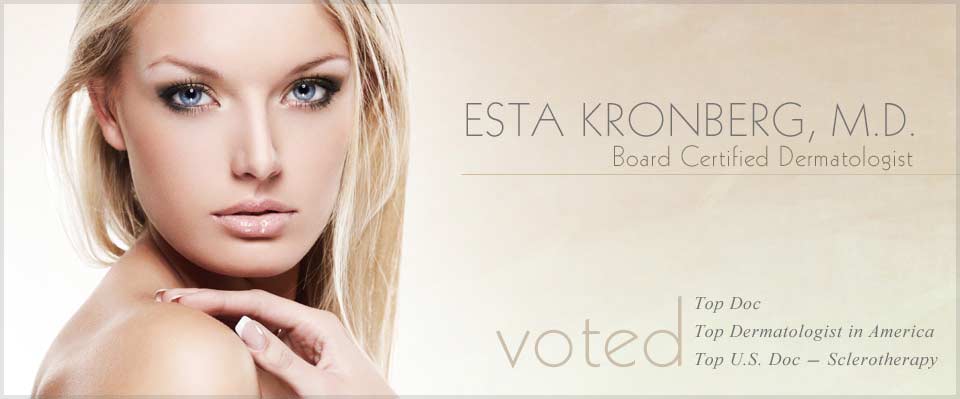 Human skin has a miraculous healing ability. But there is one thing that’s not so great about it — when injured it will invariably create a scar. But how that scar develops and how noticeable it will be is unpredictable. When you have a scar that you feel is too visible, you can opt for scar revision with Dr. Kronberg. Although no scar can be magically removed completely, she has various methods for dealing with scars, everything from steroid injections to lasers.
Human skin has a miraculous healing ability. But there is one thing that’s not so great about it — when injured it will invariably create a scar. But how that scar develops and how noticeable it will be is unpredictable. When you have a scar that you feel is too visible, you can opt for scar revision with Dr. Kronberg. Although no scar can be magically removed completely, she has various methods for dealing with scars, everything from steroid injections to lasers.
Here is some information about common scars and possible revision approaches with Dr. Kronberg.
Types of scars
- Keloid scars
Keloid scars are thick, puckered, itchy clusters of scar tissue that extend beyond the edges of the original wound or incisions. They are often red or darker in color than the adjacent skin. Keloids develop when the body continues to produce collagen in the area of the injury after a wound has already healed.
Keloid scars are more common in darker-skinned people, and they are most common on the breastbone, on the earlobes, and on the shoulders.
- Hypertrophic scars
Hypertrophic scars look like keloid scars with one important difference — they remain within the boundaries of the original wound or incision. Like keloid scars, they are thick, red, and raised. They often improve with time or with steroid injections.
- Contractures
Burns or other injuries that create a loss of a large area of skin may form a scar that pulls the edges of the skin together. This process is called contraction and gives this scar its name, contracture. Contractures may affect the adjacent muscles and tendons, restricting a normal range of motion and movement.
Scar treatments
Dr. Kronberg’s treatment options depend on the type of scar you have. She will customize each treatment to your particular scarring.
- Acne scars can be treated with lotions, chemical peels, IPL Photofacials, and Fraxel laser treatments.
- Keloid and hypertrophic scars can be treated with steroid injections and lasers.
- Stretch mark scars can be treated with the RegenLite Laser. This laser is also known as the NLite Laser and is a pulsed dye laser.
If you have a scar that bothers you, Dr. Kronberg can probably make it look dramatically less striking. Call her at 713-771-8941 to make an appointment.





No comments yet.